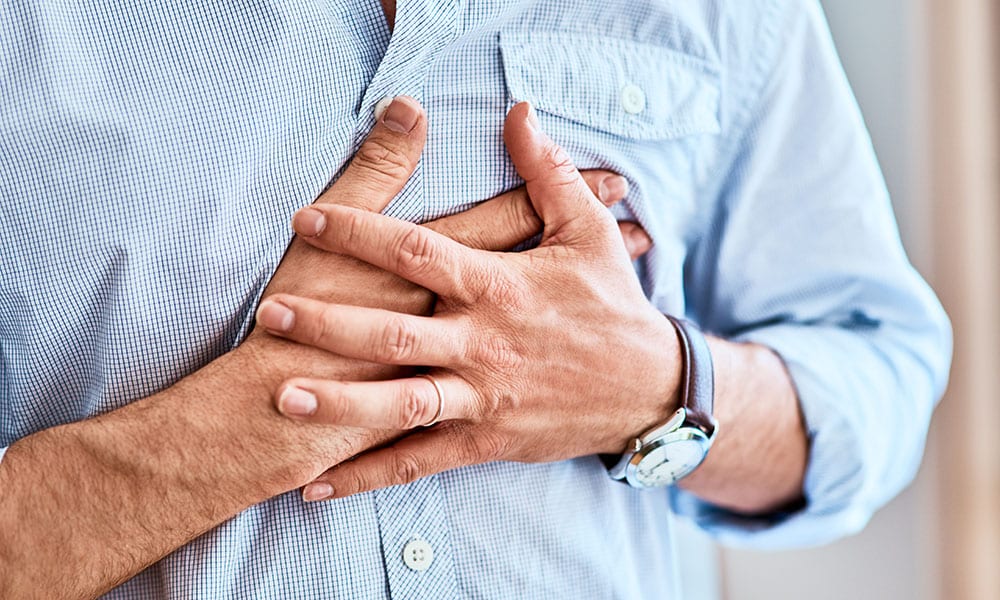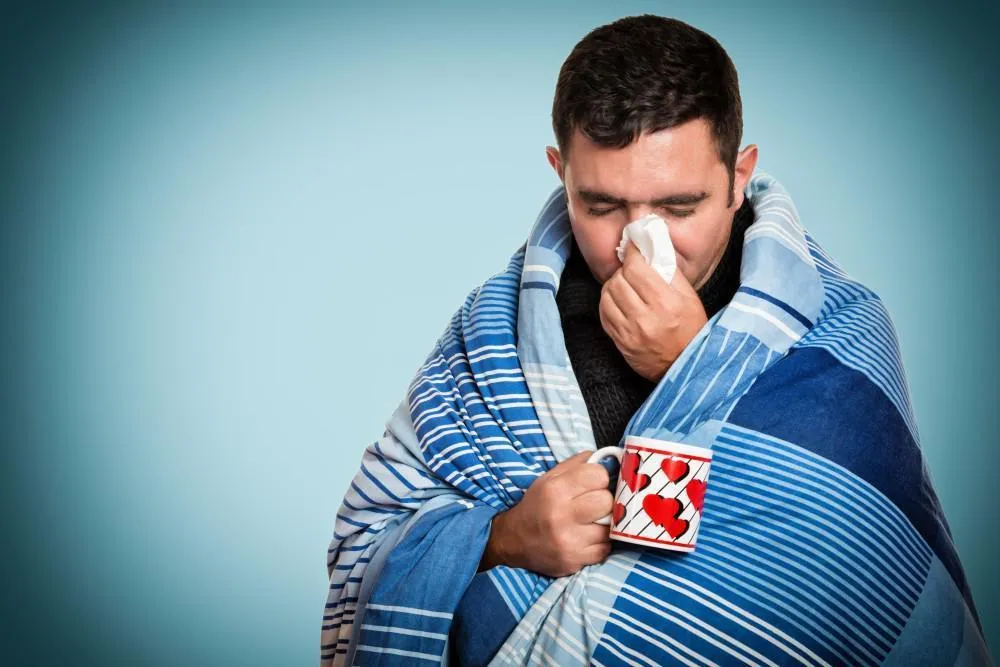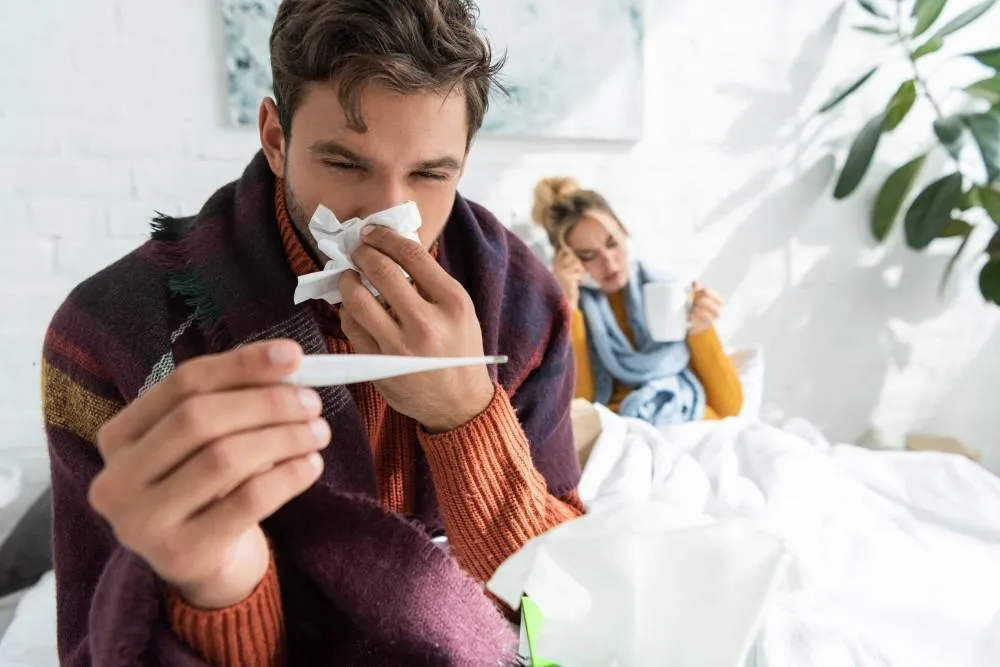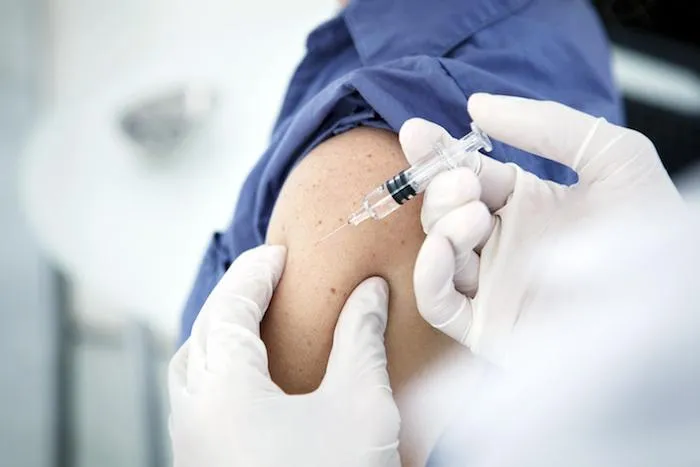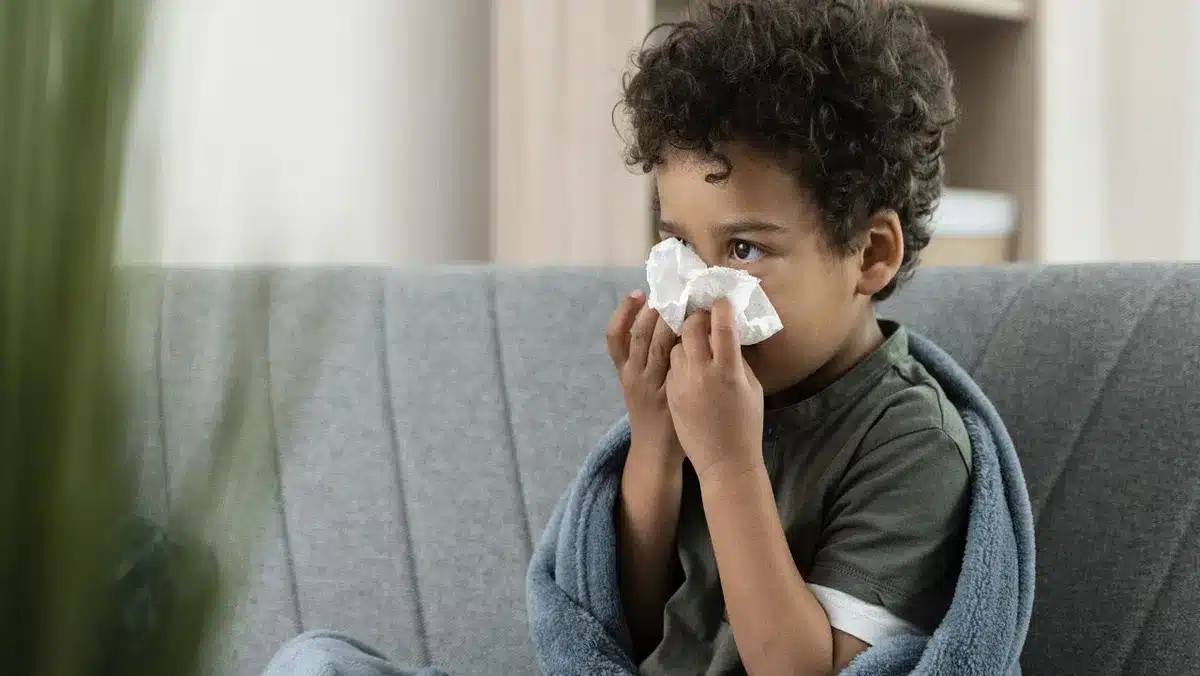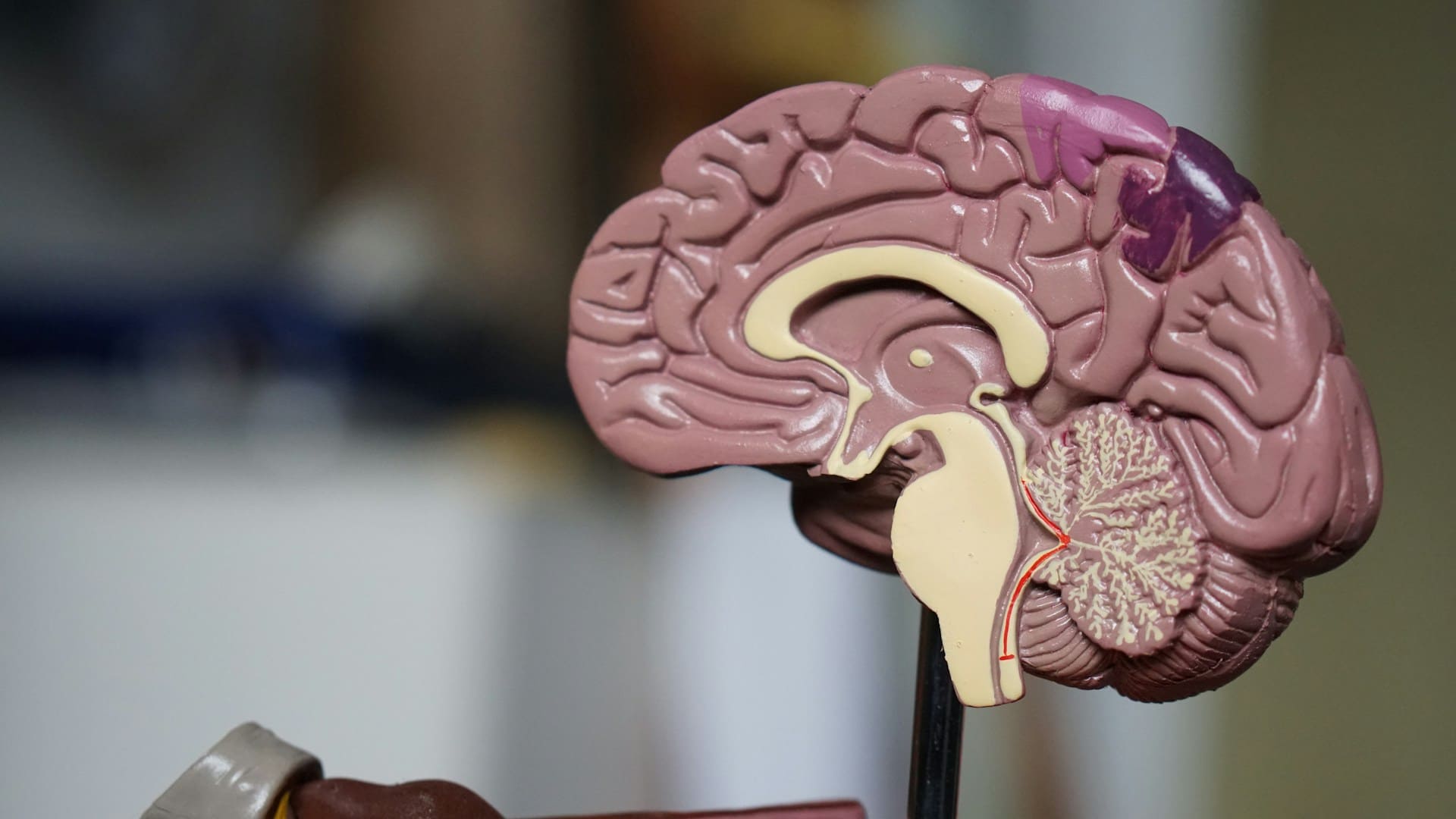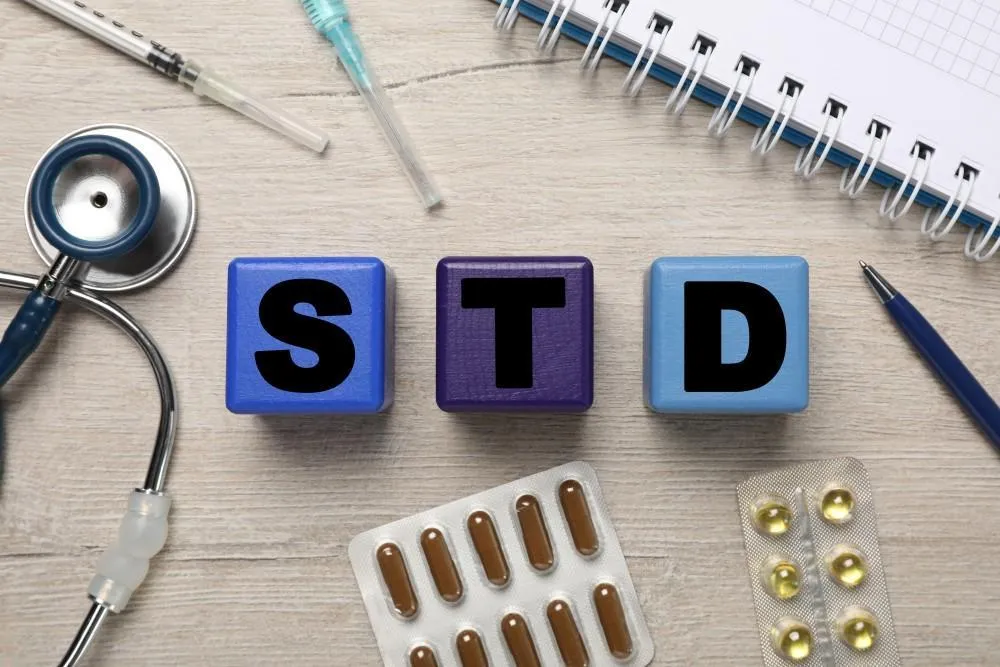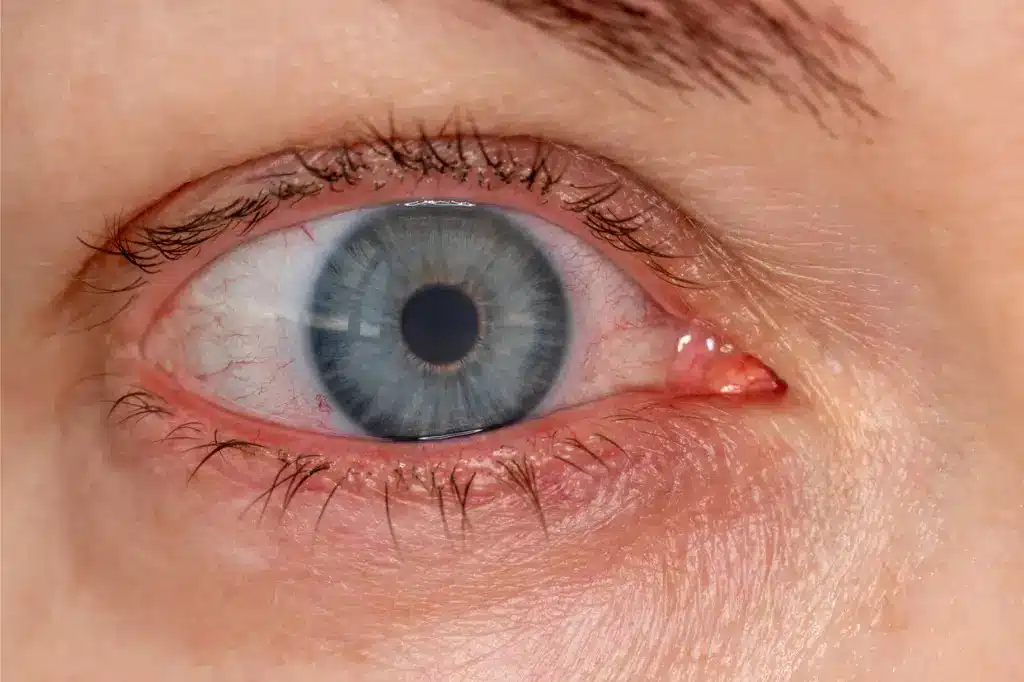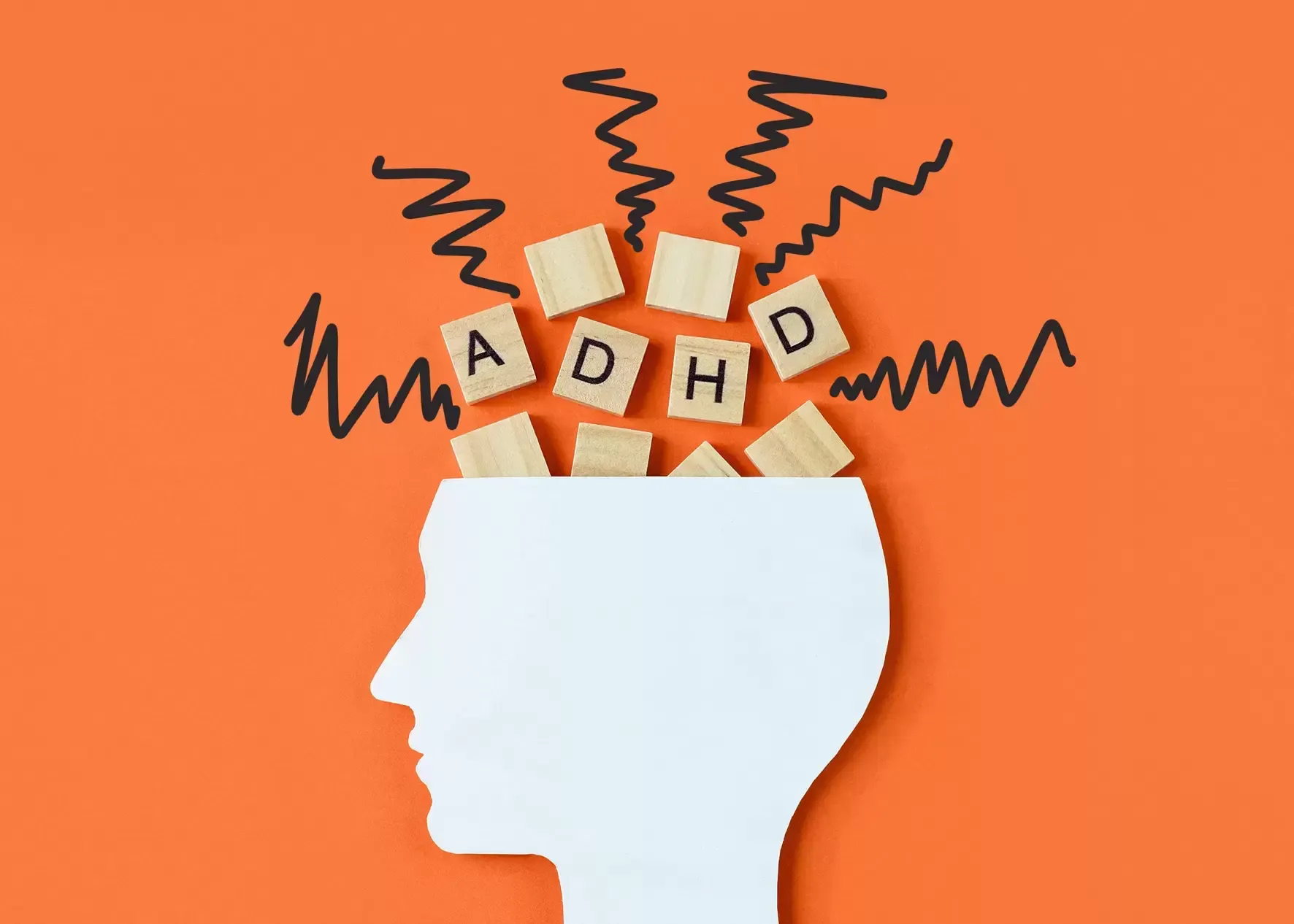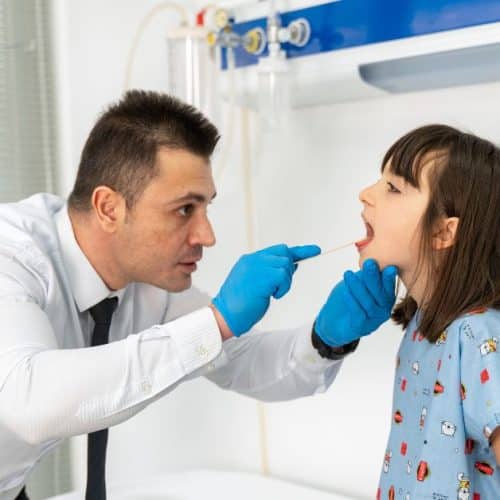7 Habits for Your Heart-Healthy Living
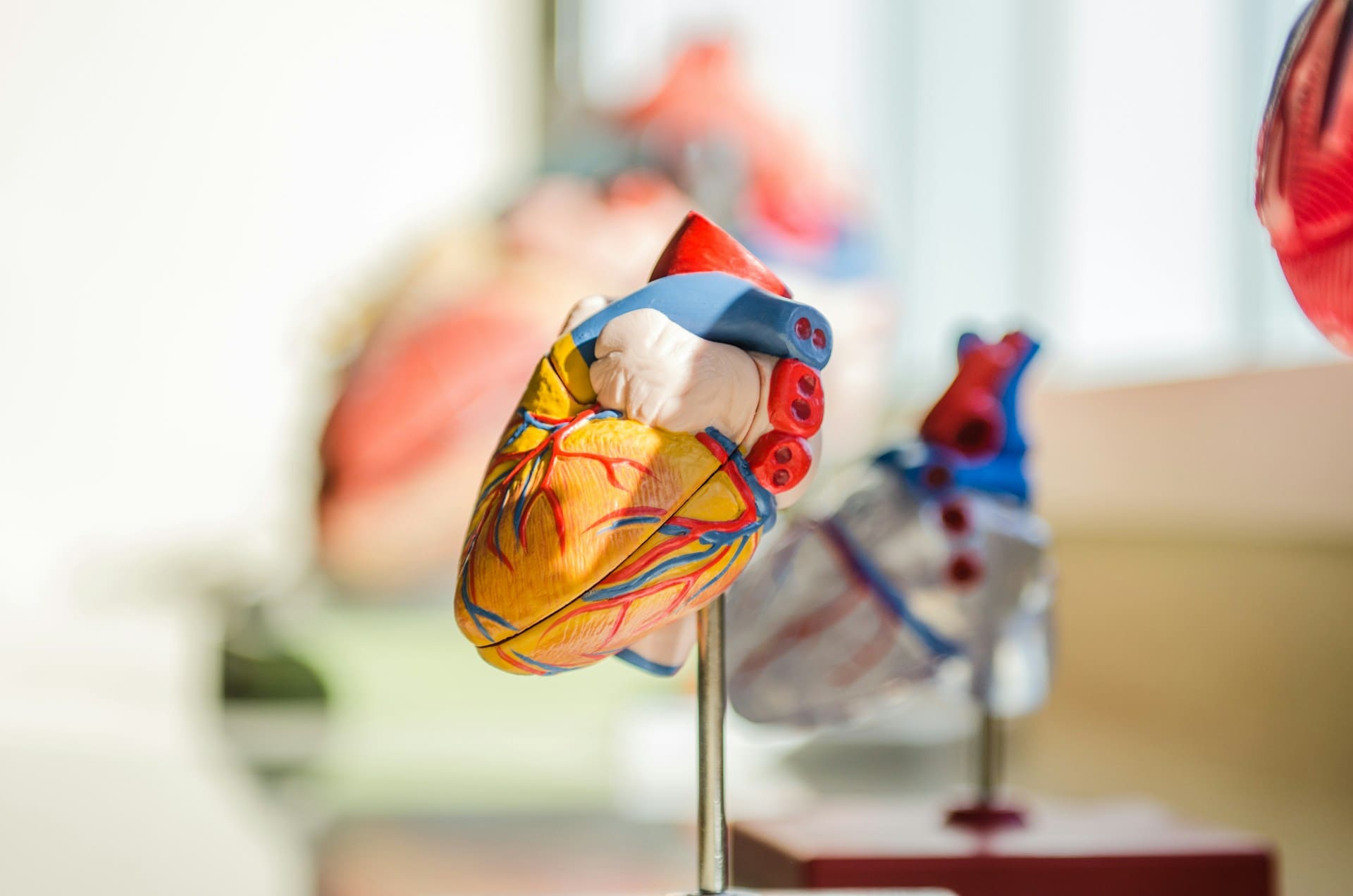
7 Habits for Your Heart-Healthy Living
A healthy heart needs a healthy lifestyle. That doesn’t mean you should rush to the gym immediately, although that is a useful option. Remember that simple heart-healthy habits can help keep you well and your heart in good shape.
The WHO reports that cardiovascular disease (CVD) is the leading cause of death worldwide, including in America. In some countries, deaths due to cardiovascular disease have decreased because of preventive measures, including smoking restrictions. It would seem that all adults are aware of the habits and activities detrimental to heart health. But in fact, many of us don’t pay enough attention to protect our hearts.
Healthy habits can help protect and keep your heart healthy throughout your life. It’s unrealistic to expect you to make instant and radical lifestyle changes. To form long-term habits, start with small things and build on the success.
Lifestyle changes for heart disease, such as adopting a healthier diet, increasing physical activity, and managing stress, can significantly improve cardiovascular health.
What Is Heart-Healthy Living?
Ways to keep your heart healthy involve making lifestyle choices that help keep your heart functioning optimally. If you think it’s difficult, you’re wrong. Everyone can choose healthy foods, be outdoors and keep fit if only they want to. Yes, it takes a little getting used to this lifestyle, but you have to admit, it’s nice to feel fresh and healthy, isn’t it? And a lot depends on the health of your heart. Routine fitness, such as 30 minutes of moderate exercise most days of the week, is crucial for maintaining cardiovascular health.
Try to avoid or effectively deal with stressful situations. Avoiding smoking and limiting alcohol consumption can also significantly reduce the risk of heart disease. Monitoring and maintaining healthy blood pressure, cholesterol levels, and body weight are essential components of heart-healthy living. Do not forget to visit a heart doctor, even for routine care. It is much easier to prevent a problem than to try to get rid of it. By making these conscious lifestyle choices, you can support your heart health and reduce the risk of heart disease. If heart disease runs in your family, make sure to maintain a healthy lifestyle. An electrocardiogram is an effective method of detecting cardiac abnormalities, a non-invasive examination that should be performed regularly.
Best 7 Habits for Your Heart-Healthy Living
Prioritizing healthy heart tips reduces the risk of cardiovascular diseases, enhances overall well-being, and prolongs life. Healthy habits like balanced eating, regular exercise, and stress management strengthen your heart, improve circulation, and boost energy levels, leading to a more active, fulfilling lifestyle.
Prioritize a Balanced Diet
Fatty foods, excessive high-carbohydrate foods, and lack of essential vitamins and micronutrients are other risk factors that add to the problems of our heart. Cardiologists suggest that optimal intake to ensure normal intake of “heart” nutrients and prevent chronic heart disease should include ~800 g/day of fruits and vegetables, 225 g/day of whole grain products, and 15-20 g/day of nuts. How many of us follow such an eating plan? Unfortunately, few of us do.
Stay Active
How to keep your heart healthy? Moving is essential for the heart: it strengthens the cardiorespiratory system, lowers cholesterol and blood pressure, and improves insulin sensitivity. Most importantly, it’s beneficial no matter how little you exercise. Moving at least a little is better than not moving at all.
Don’t forget about muscle strengthening: it can be, for example, weightlifting, push-ups, pull-ups, spandex exercises, indoor rock climbing, or tug-of-war.
Manage Stress
Many people do not even realize that they live in a constant state of stress and heart health tips are very important. High pace of life forced multitasking, information background, increased physical activity – the most common causes of stress, which can disable almost all physiological systems of the body. The consequences of stress can accumulate, reducing the quality of work of all organs and systems. The cardiovascular system is one of the first to suffer.
The most common consequences of chronic stress are hypertension, heart rhythm disorders and progressive atherosclerosis. This can later lead to myocardial infarction or stroke. Understanding blood pressure readings is essential for managing your cardiovascular health and identifying potential risks early on.
Get Quality Sleep
Following a sleep schedule reduces the development of tachycardia and heart attacks. The ideal sleep duration is 7-9 hours. If the pace of life does not allow this, try to sleep at least on weekends, and do not miss the opportunity to go on vacation.
Monitor Blood Pressure and Cholesterol
For heart-healthy living, it is recommended to have your cholesterol checked every 4-6 years. Try to eliminate sugar, bread, pasta, fruit juices and other processed carbohydrates from your diet.
Increased pressure (hypertension) leads to mechanical stress on the walls of the arteries, causing them to narrow and harden. This increases the risk of blood plaques and cracks in vessels, which can lead to stroke. The ideal blood pressure is 120/80. You should keep an eye out for the prevention of hypertension.
Avoid Smoking and Limit Alcohol
Alcohol has a very negative effect on the human body and can increase the risk of hypertension and atrial fibrillation. Smoking provokes no fewer risks. You need to find ways to keep your heart healthy. Keep in mind that not only tobacco has a detrimental effect on the human body, but also e-cigarettes, as well as regular presence near people who smoke. Under the influence of nicotine increases blood pressure, heart rate increases. Carbon monoxide increases oxidative stress, which in turn causes damage and inflammation of myocardial tissue, contributing to the progression of heart failure.
Cultivate Supportive Relationships
Develop supportive relationships to keep your heart healthy. Positive social connections reduce stress levels, improve mood and strengthen the immune system. Mutual support and communication promote emotional well-being, which directly impacts heart health and overall quality of life.
Conclusion
Take action for a healthier heart today! Annual physicals are crucial for early detection of health issues and for maintaining overall well-being. Adopt heart-healthy habits like balanced eating, regular exercise, stress management, and fostering positive relationships. Quit smoking, limit alcohol, and get regular check-ups. Prioritizing these habits will enhance your cardiovascular health and improve your overall well-being. Start now for a healthier future!







